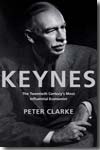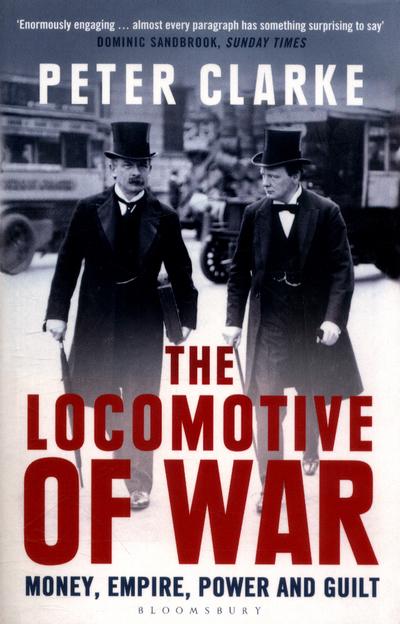Keynes
the twentieth century's most influential economist
- ISBN: 9781408803851
- Editorial: Bloomsbury Publishing
- Fecha de la edición: 2009
- Lugar de la edición: London. Reino Unido
- Encuadernación: Cartoné
- Medidas: 22 cm
- Nº Pág.: 211
- Idiomas: Inglés

In the midst of our current economic crisis, we peer anxiously over the precipice into an uncertain future, and try to put things in perspective by looking to the past. One name above all keeps on cropping up; often there is a grainy picture of a tall man with thinning hair and a heavy moustache, a half-familiar figure from a former era of worldwide economic depression - an era that closed when the Second World War peremptorily intervened. The name of John Maynard Keynes first came to public attention on both sides of the Atlantic in the early 1920s, when the depression in Britain engaged his attention, with the argument that unemployment needed a radical remedy. This was a direct attack on the orthodoxy of the free-market doctrines of the day, with their reliance on the self-acting mechanisms of the Gold Standard and Free Trade to do the trick - in the long run. No, said Keynes, coining one of his most famous phrases: 'In the long run we are all dead.' It is a measure of Keynes's apotheosis that it was President Nixon who said in 1971 that 'we are all Keynesians now', but slowly the name of Keynes lost its gilt; his thinking was dismissed as 'depression economics', irrelevant in a booming economic world. And then came the great meltdown of 2008. Incomprehensibly the market forces, on which the rising generation had been taught to rely, failed to deliver the goods, failed to offer self- correction and failed to cope with a self-inflicted crisis of confidence. For thirty years Keynes's reputation had languished; in thirty days the defunct economist was rediscovered and rehabilitated. Engaging and authoratitive, Keynes explores the often misunderstood man in the context of his own life and times - the impact of his homosexuality and his later marriage to ballerina Lydia Lopokova - and questions the relevence and significance of his groundbreaking ideas today.









